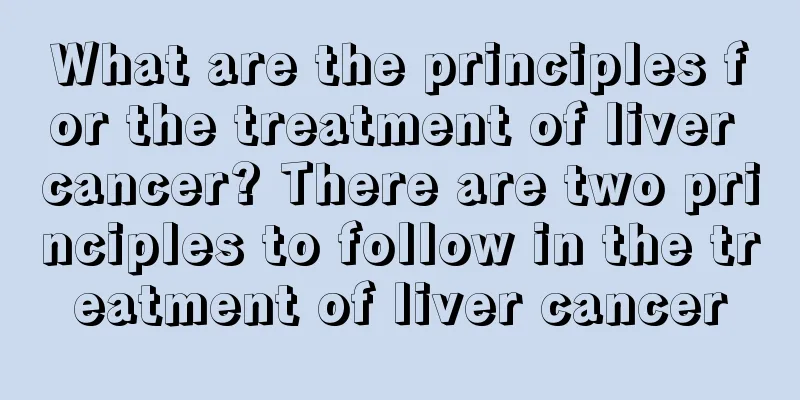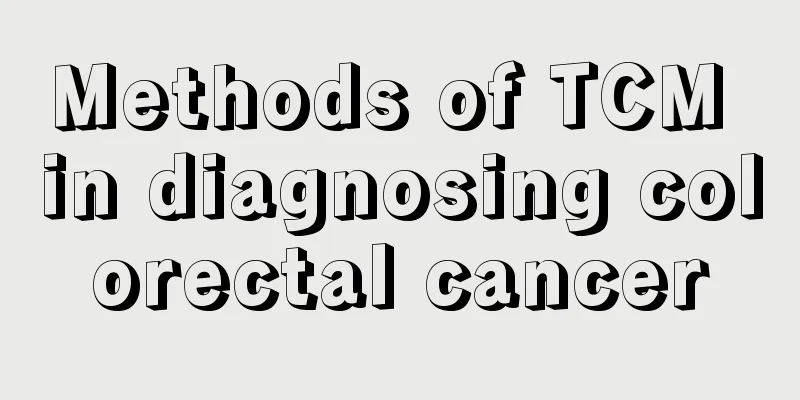What are the principles for the treatment of liver cancer? There are two principles to follow in the treatment of liver cancer

|
Liver cancer is a very difficult disease to cure, and the mortality rate of liver cancer is also very high. Once you are diagnosed with the disease, many people lose confidence in curing the disease. Therefore, patients must detect the disease early and receive treatment early, and do not miss the best treatment time. ⑴ Early treatment: The smaller the liver cancer, the better the curative effect after radical treatment. Currently, the 5-year survival rate after resection of small liver cancer is 60%~70%, while the 5-year survival rate after resection of large liver cancer is only about 20%. ⑵Comprehensive treatment: There is no specific treatment for liver cancer so far. The rational and planned comprehensive application of multiple methods can significantly improve the efficacy. ⑶ Active treatment: Facts have proved that retreatment is the key to improving the efficacy. Re-treatment of liver cancer recurrence and metastasis, such as interventional treatment via the hepatic artery, multiple treatments with injection of anhydrous alcohol, microwave solidification, focused ultrasound treatment, etc., can further improve the efficacy. Surgical resection is the first choice for early liver cancer. If the tumor is deep and surgery is difficult, percutaneous anhydrous alcohol injection can be used. Interventional therapy or other treatments through arterial catheterization can also be used. Surgery is also the first choice for the treatment of stage II liver cancer. The surgical methods can be divided into radical resection and palliative resection according to the condition. It can be combined with intra-arterial chemotherapy and embolization, or anhydrous alcohol injection during surgery. The preferred treatment method for stage III liver cancer is intra-arterial catheter chemotherapy and embolization. If possible, a second-stage surgical resection can be performed after the tumor shrinks. There are many ways to treat liver cancer. Patients must pay attention to the disease and receive treatment as soon as possible after the disease is discovered. In the process of treating the disease, patients should also actively cooperate with their diet, and do not neglect the disease to cause deterioration and affect the treatment effect of the patient. |
<<: How to treat advanced lung cancer? The most effective treatment for lung cancer
Recommend
What is Tourette Syndrome
Tourette syndrome is a relatively rare disease, s...
What are the diagnostic bases for small cell lung cancer
With the deterioration of the current environment...
What to do if you get nervous easily
Tension is a phenomenon that many people experien...
Jet-like blood in stool
Blood in the stool is a symptom that many patient...
What are the pathological and physiological causes of nephrotic syndrome
Everyone's kidneys are very important. If the...
Swimming every day keeps you away from prostate cancer. A magic weapon for men to prevent prostate cancer
Men need to ensure their physical health. Moderat...
Can you still survive with late-stage testicular cancer
How long can patients with advanced testicular ca...
How many vitamins should I take to lighten spots
No matter how good-looking you are, a clean face ...
How to distinguish between animal cream cake and plant cream cake
With the continuous progress of human society, pe...
Which organ is not healthy if acne appears on the temples?
Acne is not something that everyone has experienc...
What causes peeling lips?
The condition of peeling lips often troubles peop...
What is the reason for pustules on the skin
A pustule refers to a raised bag on the skin with...
What can I do to get rid of wrinkles around my eyes?
With the improvement of the quality of life of mo...
What diseases are chronic diseases
Disease is something we cannot control. When some...
Prostate cancer is likely to target these 4 types of men. Why does prostate cancer like these 4 types of people?
Prostate cancer is a male disease. Since there ar...









